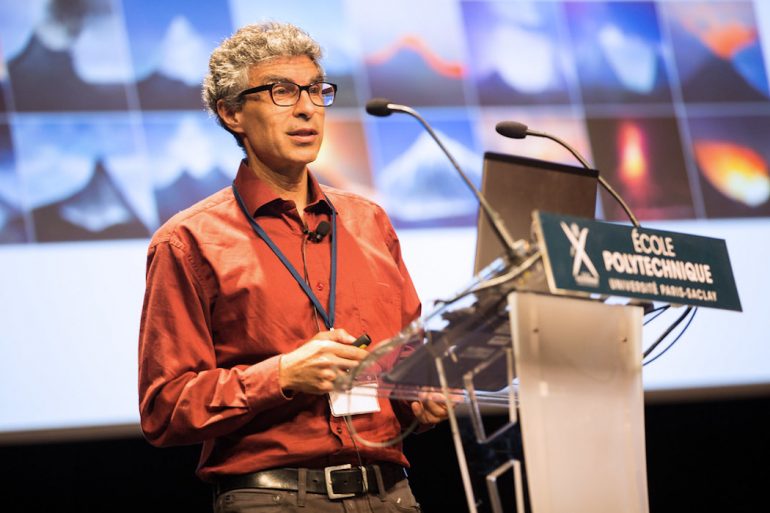Over 900 individuals globally, including deep learning pioneer and Montréal-based Mila co-founder Yoshua Bengio, have put their names to a statement this week calling for new laws to crack down on deepfakes.
The statement, published Wednesday, contains three core demands related to deepfakes, which it defines as non-consensual or misleading artificial intelligence (AI)-generated voices, images, or videos.
“Since AI is progressing rapidly and making deepfakes much easier to create, safeguards are needed for the functioning and integrity of our digital infrastructure.”
The first is to criminalize deepfake child pornography, “even if only fictional children are depicted;” the second is to establish penalties for individuals spreading harmful deepfakes; the third is to enact requirements for software developers to prevent their products from creating harmful deepfakes.
Other Canadian signatories to the latest statement warning against the unfettered use of AI, include AI chairs of the Canadian Institute for Advanced Research such as Jeff Clune and Gillian Hadfield.
Professors such as the University of Toronto’s Kelly Lyons and the University of Waterloo’s John Zelek were also among the signatories.
The statement outlines several reasons to impose harmful penalties on those who create or distribute harmful deepfakes. They include stifling nonconsensual pornography, hampering fraud, protecting the integrity of elections, and protecting performers, among others.
“Today, deepfakes often involve sexual imagery, fraud, or political disinformation,” the statement reads. “Since AI is progressing rapidly and making deepfakes much easier to create, safeguards are needed for the functioning and integrity of our digital infrastructure.”
The proliferation of harmful deepfake technology was staggering in 2023, with one study citing a 3,000 percent increase in deepfake fraud last year, ranging from phishing attempts to identity theft.
Deepfake technology has also played a role in the proliferation of nonconsensual pornography. One report cited in the statement found that deepfake pornography makes up 98 percent of all deepfake videos online, following a 400 percent increase in deepfake sexual content from 2022 to 2023.
With the United States’ presidential election season in full swing, and Canada’s next federal election expected within the next two years, the statement noted the “proliferation of deepfakes is a growing threat to democratic processes around the world.”
Bengio has put his name to several open letters urging for more caution around the development of AI. In March 2023, he co-signed a letter urging all AI labs to pause training of AI systems that were more powerful than GPT-4. In May, he and fellow Canadian deep learning pioneer Geoffry Hinton signed a one-sentence statement warning of the risk AI poses to “extinction.”
In October, both Hinton and Bengio signed another letter that called for industry labs to devote one-third of their research and development (R&D) resources to ensuring safe and ethical use of the technology, among other policy recommendations.
Despite these letters garnering a good deal of support from AI leaders, other members of Canada’s tech sector this week offered a contrasting perspective, arguing that Canada should accelerate its adoption of AI, or risk getting left behind on the global stage.
In addition to Canadian AI leaders, the statement’s signatories include 2020 US Democratic presidential candidate Andrew Yang and Canadian-American professor Steven Pinker.


